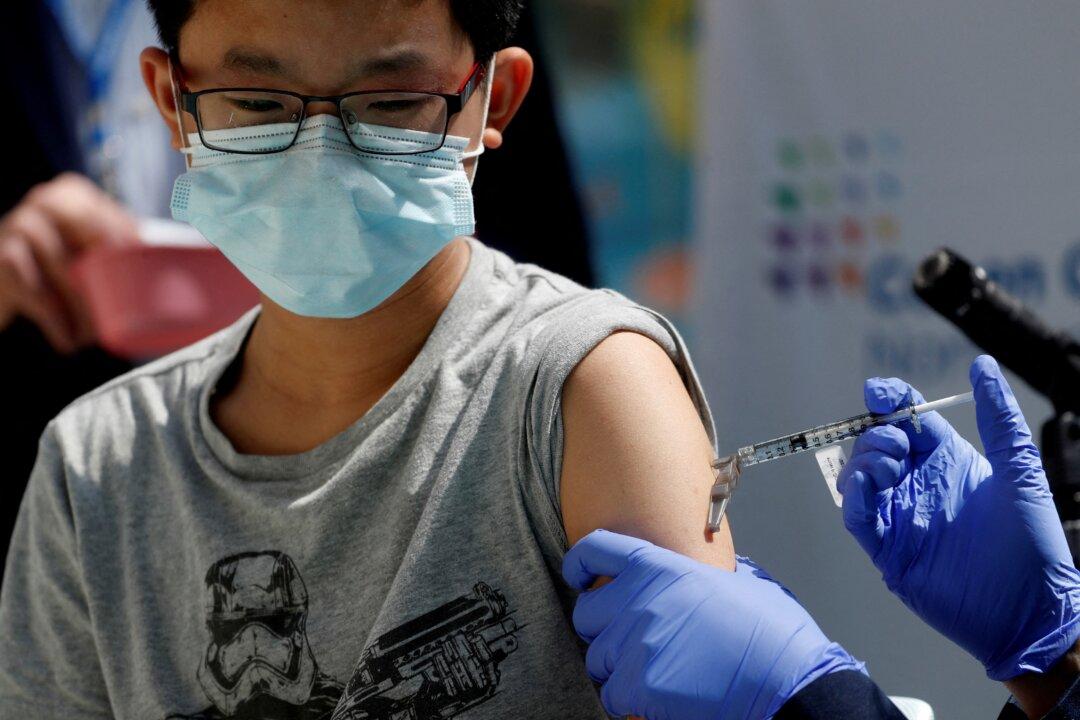The U.S. Food and Drug Administration (FDA) on Jan. 3 authorized a booster shot of Pfizer’s COVID-19 vaccine for 12- to 15-year-olds.
The agency stated that its scientists determined the booster’s benefits, including bolstering protection against virus infection, outweigh its potential risks in the population.





